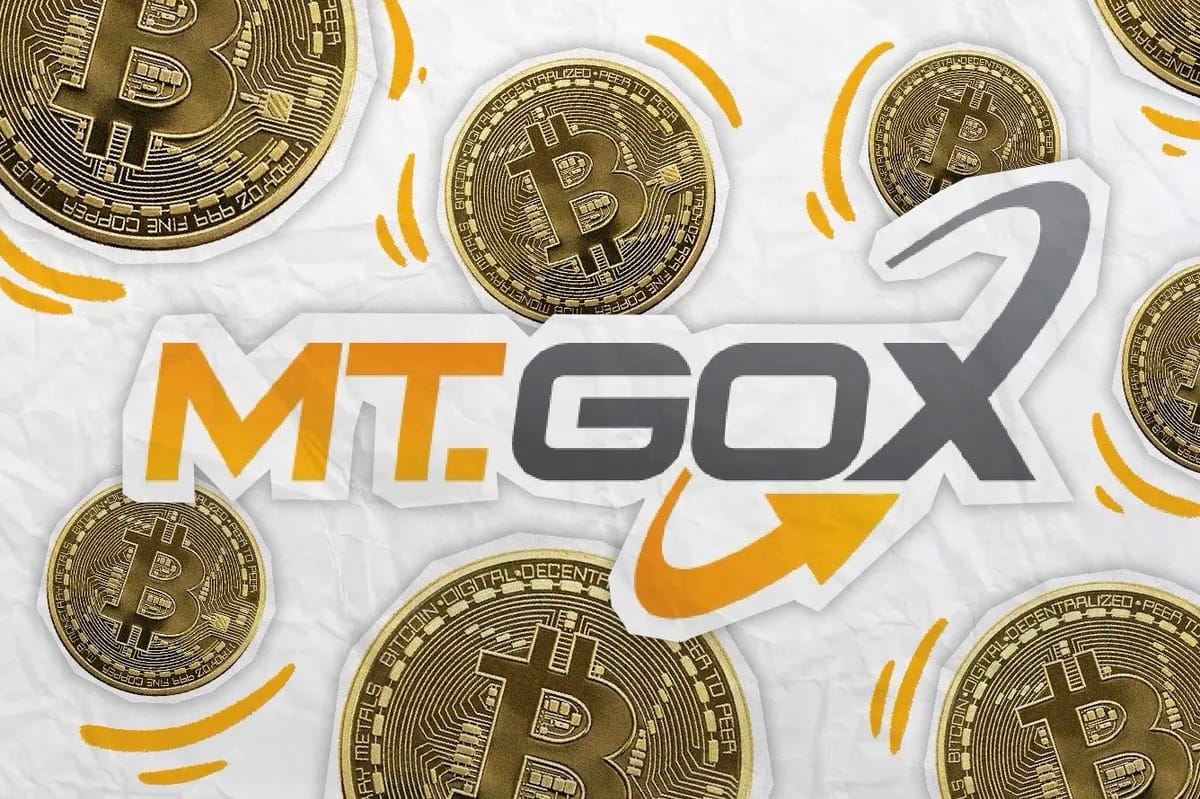
After nearly a decade of waiting, some of the creditors from the infamous Mt. Gox hack have been receiving a late Christmas present in the form of initial yen repayments via PayPal.
Several users in the r/mtgoxinsolvency subReddit reported receiving a 'Notice of Completion of Repayment' starting on December 26. Then, as the group discussed whether this represented the total repayment amount they would receive, and how best to avoid further losses due to extortionate PayPal exchange rates and fees, some of them unexpectedly received a second payment.
One user reported that the Mt. Gox Trustee had since been in contact to say that the double payment was made by mistake, and had requested an immediate refund of the additional payment:
“The transfer of money to you was inadvertently made twice… The second transfer was an error while the first transfer was the official repayment… you are not authorized to receive the second transfer and are legally obligated to return the above amount to the Rehabilitation Trustee.”
Users who have been double-paid are now discussing whether to return the money immediately or make the company wait 10 years before sending a refund. Some users pointed out that, after assuming the payment was deliberate and converting the money from yen to their local currency, they would be hit with an additional loss to refund it as they could not simply return the overpayment.
A refund a decade in the making
Mt. Gox was a Japanese bitcoin exchange launched in 2010, after being repurposed from its original intended use as an online eXchange for Magic the Gathering Online trading cards.
At the time, the exchange was a true trailblazer, and was handling over 70% of all Bitcoin transactions worldwide by early 2014, when it collapsed, affecting nearly 24,000 creditors. The company claimed it had lost almost 750,000 of its customers' bitcoin and around 100,000 of its own. Further investigation showed that most or all of the missing bitcoin was stolen straight out of the Mt. Gox hot wallet between 2011 and 2014.
The exchange began civil rehabilitation proceedings in Japan in June 2018, and by 2021, the Mt. Gox trustee announced that roughly 99% of the creditors affected by the collapse had approved a rehabilitation plan. Unfortunately, the exchange allegedly had only around 150,000 BTC to pay its creditors, (although this still represents a considerable value considering the tremendous increase in Bitcoin price over the intervening years).
The initial schedule was delayed significantly, although according to an announcement in January 2023, creditors were finally given until March 10, 2023, to select and register a repayment method, and a deadline for early repayments was set for September 30, 2023.
Creditors could choose to either take the early payout or wait for the end of litigation (which might take several more years), hoping for a bigger sum. Those who selected the former option could request a combination of BTC, BCH and yen, or wholly in fiat. The early payout deadline was again not met, and the Mt. Gox trustee announced that it had been moved to October 31, 2024.
The upcoming repayment has raised concerns among some market analysts, as the release of a large amount of Bitcoin could significantly destabilise the market. If the majority chose to get paid in fiat, then the exchange would have to sell BTC to raise the requisite cash, which might lead to a price slump. However, reports suggest that early adopters are likely to have remained crypto believers, thus preferring to be paid in bitcoin. Certainly, the two largest creditors, with a combined share of 20% of the claims against Mt. Gox, have reportedly chosen to get their repayments largely in bitcoin. Repayments are also expected to take place in instalments to minimise the potential for such a situation in the market.
We are pleased to finally see the first Mt. Gox repayments coming through after all these years, although at this stage it seems almost natural that even this has not been without controversy. We will continue to Observe the situation going forward.

